
Our Vhembe Flagship
So far have we come...(2015 - 2018)
That the Nobel Prize for ECONOMICS went to Richard Thaler in 2017, is a clear indicator of the growing importance of behaviourally-informed policies for businesses worldwide. Thaler’s research laid the groundwork for the Mind, Behaviour and Development Unit (eMBeD) of the World Bank and explains how enterprises should keep a respectful eye on realistic human behaviour to accelerate growth.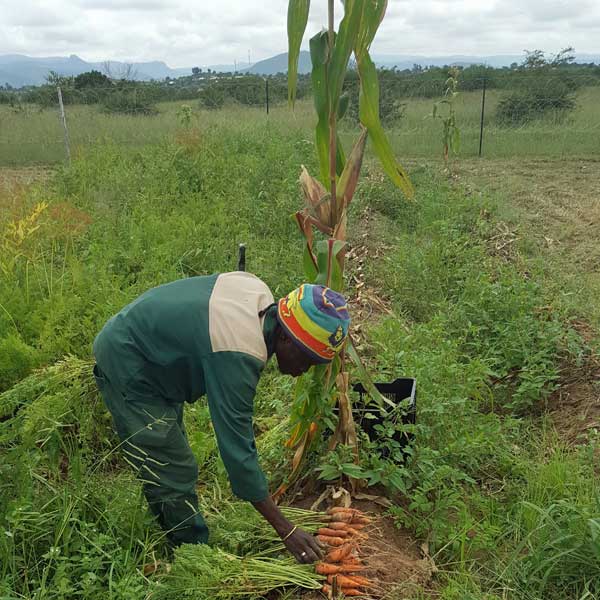
“During our many years in Rural Development through Enterprise and now at our project at Tshipakoni Agricultural school in rural Limpopo, our experience confirmed Thaler’s conclusions again,” says senior researcher of the Council for Scientific and Industrial Research (CSIR), Rensie van Rensburg.
Through developing an Agricultural incubator in Vhembe region, we have experienced first-hand the necessity to consistently and persistently, incorporate appropriate human behaviour-strategies into the economic and technology mixes of our enterprise-practises in agriculture. We call our ‘eMBeD’ approach “Business, Boxes & Behaviour” with boxes we mean appropriate Technology.
“The World Bank already applies the Thaler-approach in South Africa. It is an excellent way to accelerate growth-development for the South African economy, especially in agricultural enterprises where many eager, warm-blooded humans (not only machines and technology) are employed,” he says.
Our 2-year Agricultural Project in Vhembe was supported by the CSIR’s Technology for Rural Innovation and Economic Development programme with the aim to promote agri-entrepreneurship and job-creation in rural communities of this poverty-stricken part of the fertile Levubu river valley in Limpopo province.
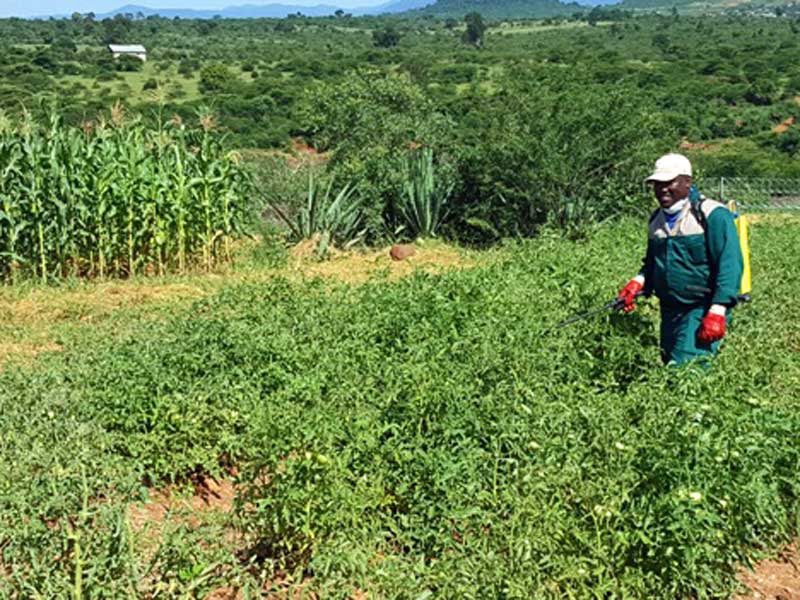
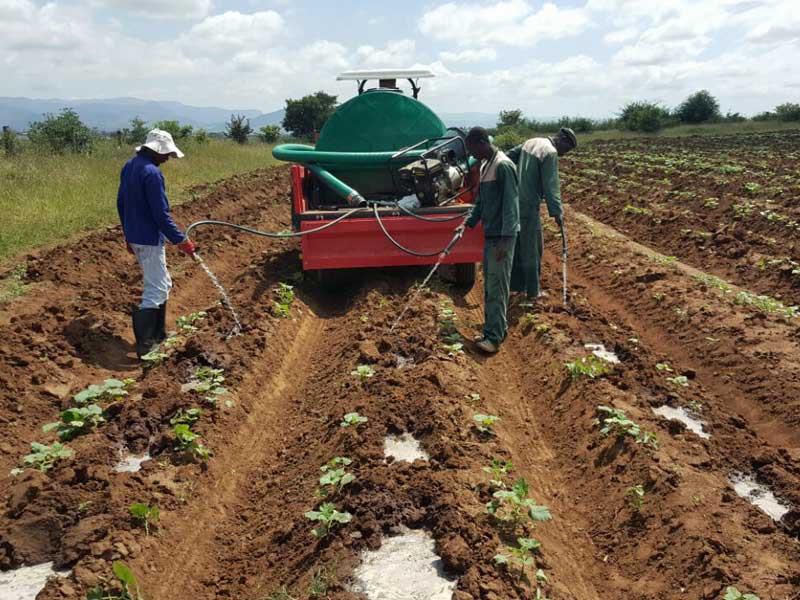 Although 2 years are hardly enough time for major change, big strides have been made during the past 18 months. Through ongoing mentoring, curriculum support, practical agricultural courses and simultaneous development of the incubator infrastructure and services, we helped school learners, young adults and older community members to take their first steps towards running a few small, commercial farms for their own pockets. We intend to help many more on more small farms but need more funding for up-skilling more people.
Although 2 years are hardly enough time for major change, big strides have been made during the past 18 months. Through ongoing mentoring, curriculum support, practical agricultural courses and simultaneous development of the incubator infrastructure and services, we helped school learners, young adults and older community members to take their first steps towards running a few small, commercial farms for their own pockets. We intend to help many more on more small farms but need more funding for up-skilling more people.
From April 2016 until now, and despite 26 schools being burnt down around us during the worst political turmoil the Vuwani-Nesengani region has ever experienced, the CSIR project manager Braam Cronjé and various of our CSIR team-members worked side by side with a recruited group of youth, members of the community and the school to demonstrate the importance of farming as a science and a business.
“With the first 7 young entrepreneurs now on the go, what is needed in rural Vhembe (and in similar agricultural nodes elsewhere in the country), is to maintain the level of engagement, education and practical upskilling of a new group of young people, in the same area for at least 10 more years. This way can we unlock the potential for exponential growth in an agricultural supply chain of a region with the right type of agricultural resources like in Vhembe, two years are not enough,” Rensie says. 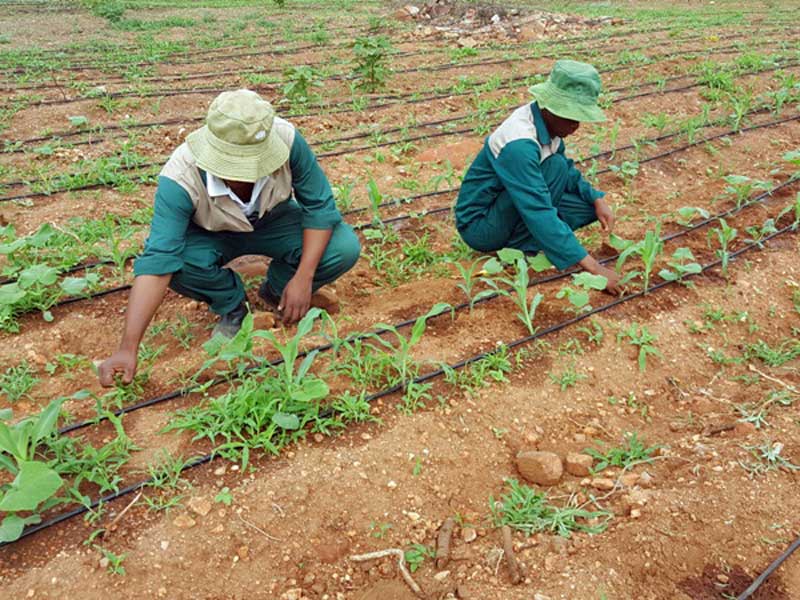
“This would also give enough time to nurture a move towards agro-processing, an aspect we have already touched on with Moringa production here in Vhembe with its rich, fertile soil, mild subtropical climate and good ground water”.
“One of the biggest problems of many young, black, prospective farmers is their struggle to get access to land. Even those with a tribal Permission-to-Occupy, seldom had the opportunity to acquire the skills, exposure or the self-confidence that white farm-kids on commercial family farms grow up with over many generations,” explains project manager Braam Cronjé.
“PASA, which stands for Practical Agricultural Services for Africa, is a group of black, LOCAL youngsters who decided to pool their talents and go head-on for commercial small-scale farming. They have been part of our project for the past 2 years and are now taking their first, independent steps. We would love to continue to nurture consecutive groups for a couple of years more, to strengthen and expand the agricultural bonds in this and other communities of Vhembe, but we need help from private and public enterprises with an interest in agriculture” Rensie says.
“This is the reality: South African youth is in dire need of practical upskilling, exposure, responsible mentoring and appropriate technologies to form a bridge from a neglected school system to a commercial farming system,” says Rensie.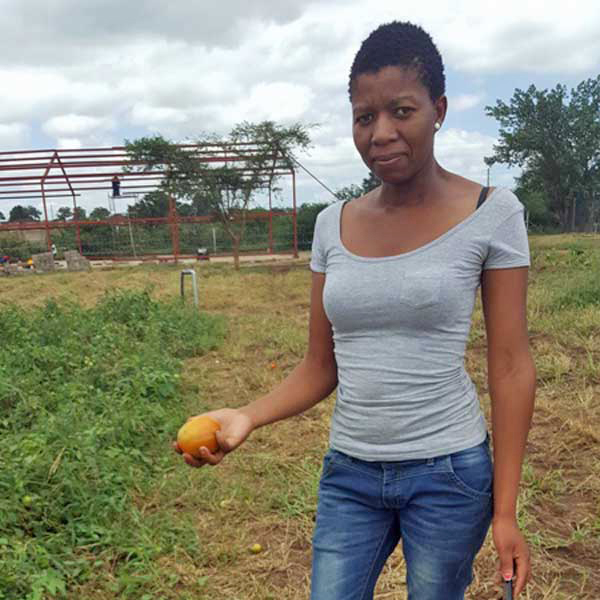
“In Vhembe we have seen that our tenacious engagement with youth and community works, and that this would be an essential aspect to address if South Africa wants to establish a next generation of young, black farmers to grow our economy. This honest, respectful, collaborative approach could help to start heal the hurt of apartheid in our country too, “he says.
“A fair investment of bare necessities like tools and practical infrastructure-development are off course, essential. This way participants can experience risk, in a safer environment, make their own first money, while creating jobs for themselves and others in the process.”
“At the same time, we must also bridge the stark, educational divides by funding support systems, availing appropriate technology for rural purposes and stick-in-there with practical training and persistent engagement with a variety of stakeholders in the communities. This can be gruelling, but it is part of realistic human-behaviour-strategies,” he says.
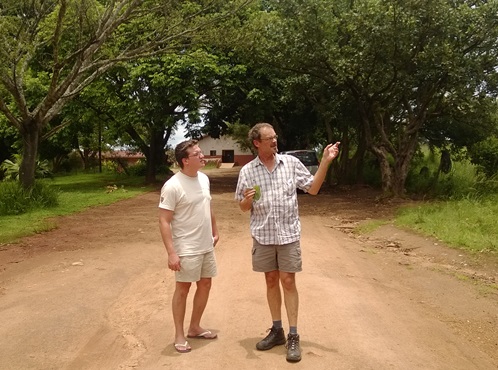
More detail on the project is available from this link.


